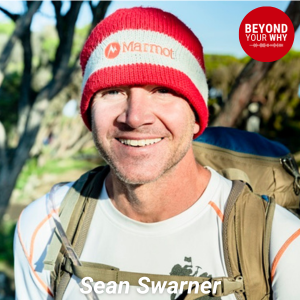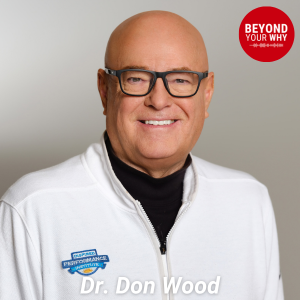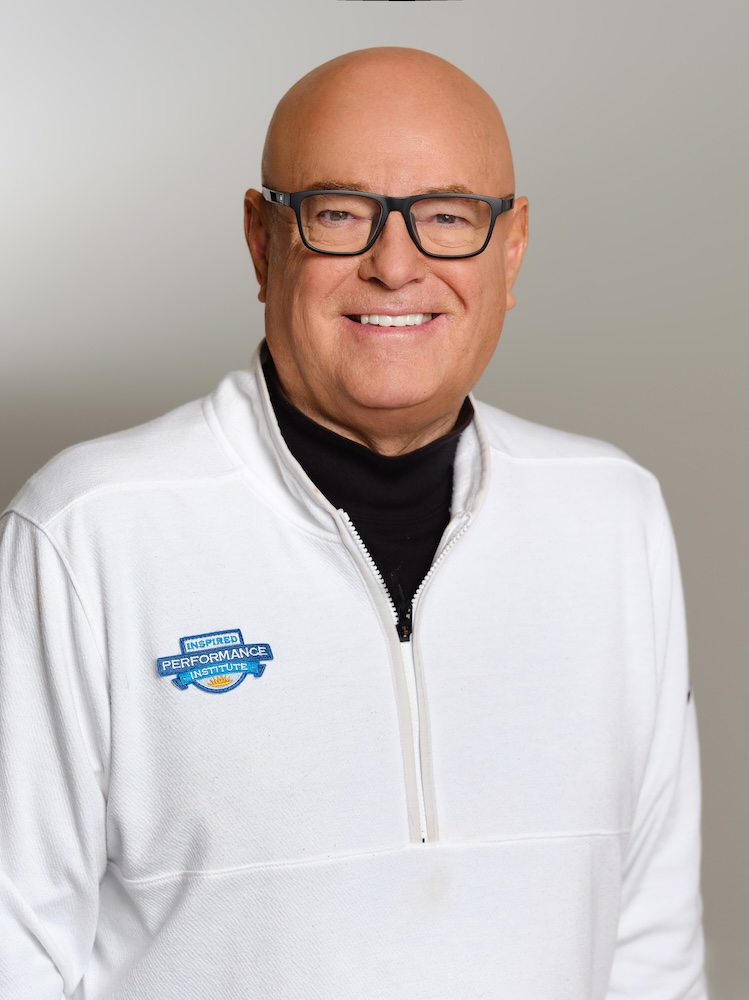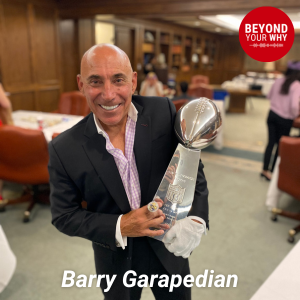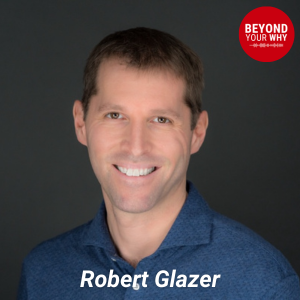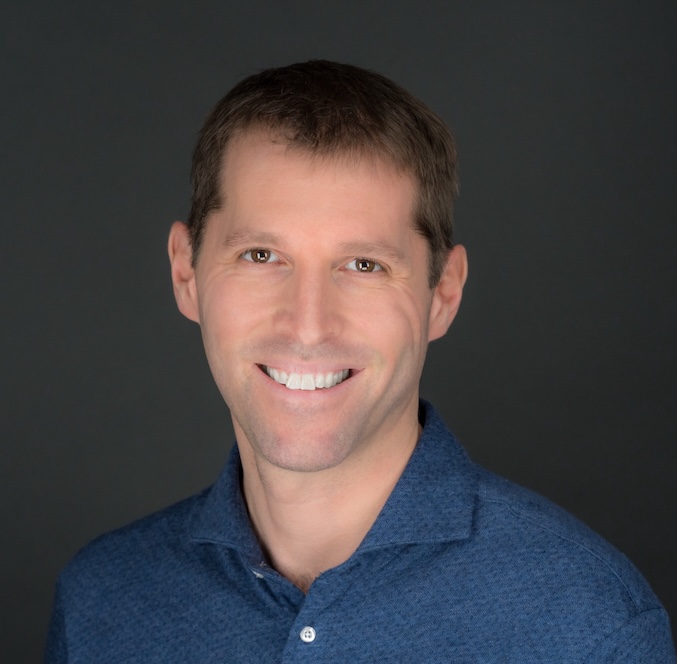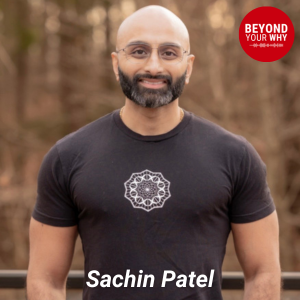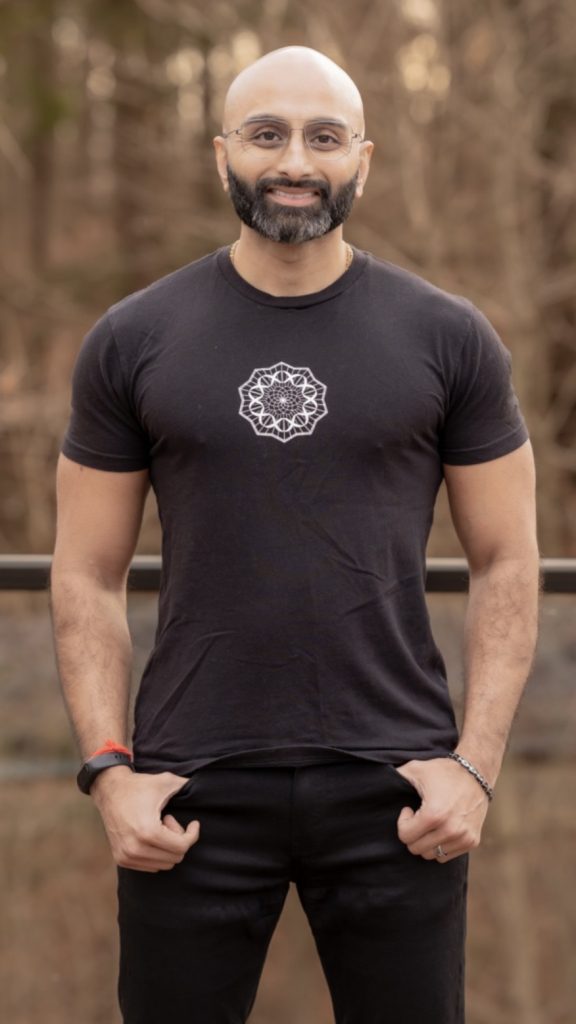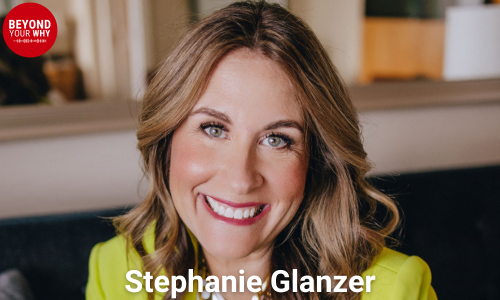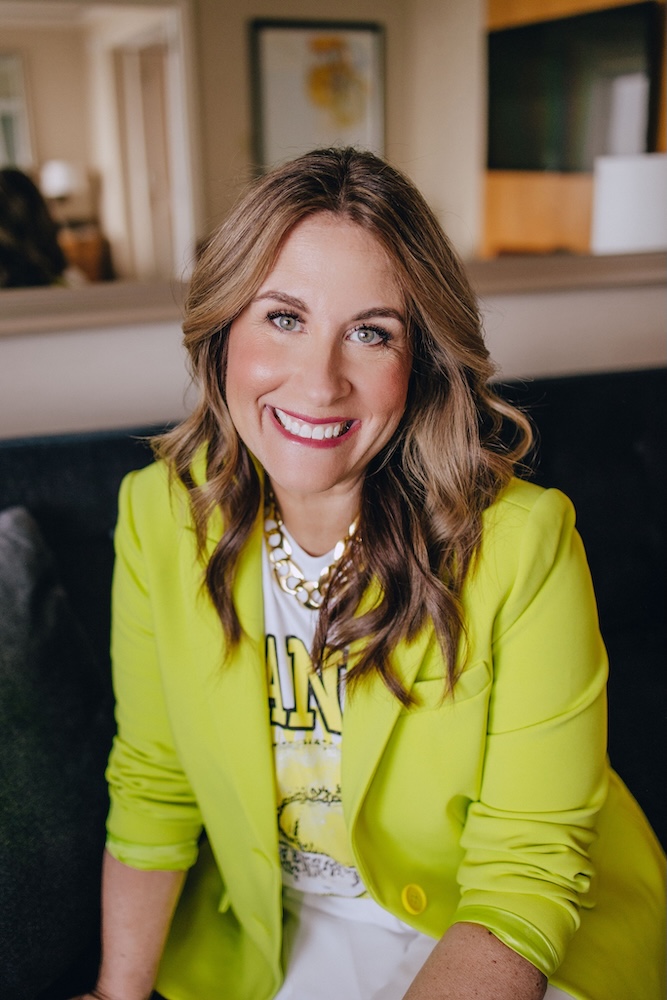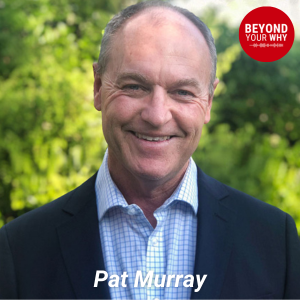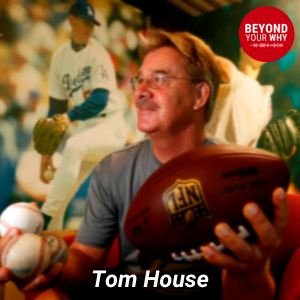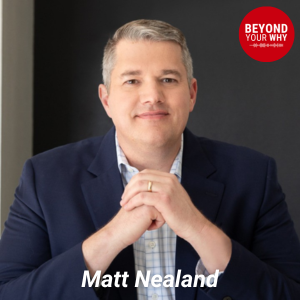Guest: Sean Swarner
WHY.os: Better Way – Make Sense – Contribute
Sean Swarner is the kind of person who hears “this is impossible” and immediately starts building a plan. In this episode, he talks with Dr. Gary Sanchez about surviving two cancers as a teen, living through a year of brutal treatments, and still choosing goals that would scare most healthy people. The tension is real: how do you keep going when you have every reason to quit, and when even “success” can leave you feeling empty?
Through the lens of Better Way, Sean’s story is not just about endurance. Better Way is the drive to improve what exists, ask “what if there’s a smarter path,” and keep pushing until the approach matches the outcome. Sean uses that mindset to rethink limitations, build systems for progress, and turn personal pain into something that helps other people.
You’ll learn
- How Sean used a simple mantra to stay steady when Everest felt bigger than his body could handle.
- What “false summits” are, and why hitting a big goal can still feel empty if your values are not in it.
- How Better Way thinking helps you find options when everyone else says “there aren’t any.”
If you’ve been chasing goals but still feel stuck, this one will hit. Listen for practical ways to build momentum when life is heavy.
Get in touch with Sean
- LinkedIn: https://www.linkedin.com/in/seanswarner/
- Website: https://seanswarner.com
Watch the Full Episode Here!
Timestamp chapters (top 10)
03:17 – Why “Better Way” and what it looks like in real life
06:20 – High school: cancer, fear, and a different kind of “normal”
09:18 – Two diagnoses: Hodgkin’s lymphoma and Askin’s sarcoma
15:55 – “One lung” and what radiation changed
16:59 – A year of treatments and the hospital memories that still hit
21:19 – The mirror moment: helping himself before helping others
23:25 – Why Everest: “the highest platform in the world to scream hope”
25:15 – Nine months to Everest and the Better Way sponsorship move
27:39 – Everest strategy, chemo parallels, and “The higher I go…”
42:25 – False summits vs true summits, and what he’s building now
Listen to the Episode Here!
The True Summit: Sean Swarner on Finding a Better Way When Life Says “No”
Sean Swarner is not a motivational quote on a poster. He is a real person who lived through the kind of pain most people can’t picture. In this episode of Beyond Your WHY, he sits down with Dr. Gary Sanchez to explain what it was like to face two cancers as a teenager, lose his sense of the future, and still choose a life that requires daily courage. The conversation lands in a surprising place: sometimes the hardest part is not surviving. It is figuring out what to do after you survive.
This episode is framed through Sean’s WHY.os: Better Way – Make Sense – Contribute. A “WHY” is the main reason someone does what they do. A WHY.os adds the HOW (their natural process) and the WHAT (what they bring to others), so you can predict how they decide, lead, and respond under pressure.
When high school is about survival
Most people remember high school for social drama and awkward moments. Sean remembers it as a fight to make it to tomorrow. He describes being on the shower floor while his hair fell out, and realizing he was not only fighting for himself, but for the future his family would have to live with if he died. That kind of pain changes what “problems” even mean. It also builds a different kind of focus, the kind that stops you from wasting your life on stuff that does not matter.
He talks about the raw details without trying to make them sound pretty. He had Hodgkin’s lymphoma, then Askin’s sarcoma, a rare diagnosis with almost no odds of survival. Treatments were extreme, and he explains that certain hospital smells can still pull him back into those memories. It is not a neat story. It is a real one, and that honesty matters because it shows what Better Way thinking is actually for: it is for the moments when you do not have the luxury of pretending.
Better Way in action: building a system for hope
After cancer, Sean hit a common problem that people do not talk about enough. When you spend years just trying to live, it is hard to imagine a future that is bigger than the next day. He describes pulling over during a drive to Florida and basically asking himself what he was doing with his life. That moment matters because it shows the Make Sense part of his WHY.os. He needed a logical framework for his life, not just momentum.
Then he chose a goal that made no sense on paper: Mount Everest. He says it plainly: “I wanted to use the top of Everest as the highest platform in the world to scream hope.” That line is Better Way in one sentence. It is not just “do something hard.” It is “use the hardest thing as a platform that helps other people.”
Sean also explains Everest in a way that sounds like project management, not hype. You shuttle gear up and down to acclimate. You build capacity, recover, then build again. He compares it to chemo, where your body takes a hit, then has to rebuild. And when he needed something simple to keep his mind steady, he repeated one line with every step: “The higher I go, the stronger I get.”
False summits and the true summit
Here’s where the conversation gets even more interesting. Sean admits that even after major wins, he felt hollow. He calls these moments “false summits,” the kind of goal that looks like it should satisfy you, but doesn’t. In real life, false summits sound like: “Once I get this title, then I’ll feel successful,” or “Once I buy that thing, then I’ll feel okay.” He’s not anti-goals. He’s anti-goals without values.
Sean defines a true summit as having “goals, values, and heart all pulling in the same direction.” That’s the Better Way lens again: not just bigger goals, but better alignment. It is also his Contribute showing up, because he keeps bringing it back to impact beyond himself. He wants people to stop chasing the thing that impresses others and start building a life that actually feels right when nobody is watching.
By the end of the episode, Sean is not trying to convince anyone to climb a mountain. He’s trying to help people stop letting fear, old stories, and other people’s limits pick their future. If you’ve been working hard but still feel like something’s off, this conversation gives you a cleaner way to think about progress: build capacity, align your values, and make your wins mean something. Listen to the full episode and pay attention to the places where you’ve been chasing a “false summit” without realizing it.
Meet Sean!

Sean Swarner’s journey is nothing short of extraordinary, and it’s not just about the mountains he’s climbed or the races he’s finished. He’s the only person in history to summit Everest, complete the Explorer’s Grand Slam, finish the Hawaii Ironman World Championship, and run 7 marathons on 7 continents in 7 days, all after surviving two terminal cancers, being given just 14 days to live, and living through a year-long coma with only one lung.
He’s been named one of the top 10 most inspirational people in history, alongside Winston Churchill, Bruce Lee, and Muhammad Ali, and has shared stages with Presidents, Nobel Peace Prize winners like Archbishop Desmond Tutu, UN leaders, and entrepreneurs such as Sir Richard Branson.
What makes Sean’s story truly powerful isn’t the feats themselves. It’s the lessons he can share about turning impossible odds into action, overcoming obstacles, and building breakthroughs in life.

